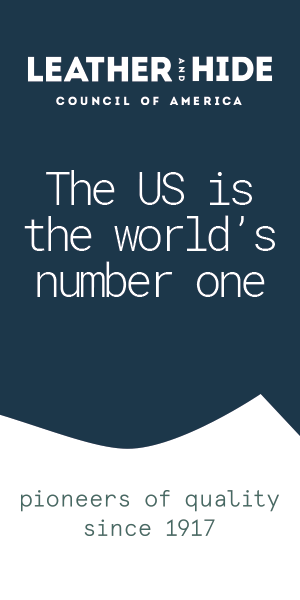Strong leather sector helps Lanxess to 'outstanding' results
17/03/2011
“Our growth story is set to continue after an outstanding 2010 and an excellent start to 2011,” said chief executive officer Axel Heitmann at a press conference in Düsseldorf. "Growth will be driven by our focus on emerging markets and premium products serving the global megatrends of mobility, urbanisation, agriculture and water.”
Sales of the performance chemicals segment rose 29% year-on-year to EUR 2 billion in 2010, with all seven businesses showing strong volume improvements. The businesses with exposure to the automotive industry showed the largest volume improvements, and leather, along with functional chemicals, improved earnings the most in 2010. Leather benefited from its exposure to the clothing, furniture and automotive sectors.
The company’s global workforce rose by 310 to 14,648 at the end of 2010. The majority of new employees were hired in the Asia/Pacific region.
In September 2010, Lanxess set itself the goal to increase earnings to around EUR 1.4 billion in 2015 through organic and external growth. The raneg of projects the company has put in place to achieve this aim includes a new plant for leather chemicals in Changzhou, China.
The company will invest about EUR 30 million in the new Changzhou plant and says this will be the single largest investment by its leather chemicals business unit in China to date. It will create approximately 150 new jobs through this investment.
The facility will have an annual capacity of up to 50,000 tonnes and will be located at the Changzhou Yangtze Riverside Industrial Park. Lanxess says production should begin there by the first half of 2013 and that the new facility will produce some of its premium leather chemicals—including Tanigan, Isoderm, Euderm and Levotan—for tanners in the local Chinese market.












